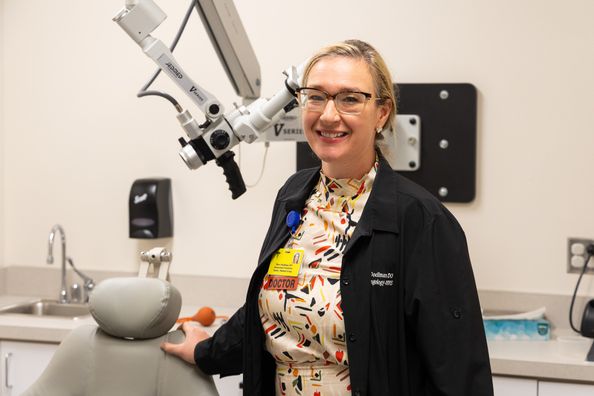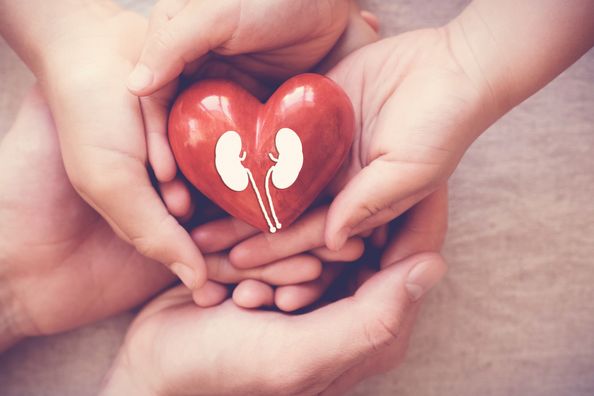You might be juggling more than usual these days. From work to family to keeping up with the world’s events, your mind may be on overdrive.
If you’re struggling to move past your worrying thoughts or find yourself overwhelmed, practicing mindfulness may help. Mindfulness is described as being actively present in the moment, without applying value judgments.
Dr. Marianne McClain, neuropsychologist at Quincy Medical Group (QMG), explains, “Most of us can probably acknowledge, especially in the current fast-paced culture, that our minds are often anywhere but here – whether we are reflecting on the past, planning for the future, or engaging those great multitasking abilities to do one thing while thinking about another – we seldom make time for the present.”
She further explains that when we engage in repetitive behaviors, auto-pilot can take over, leading us to miss what is happening right now.
Mindfulness, she says, is about turning off the auto-pilot in our lives and being present for what is happening in the moment. This is the attention component of mindfulness, or being actively present. The other essential component of mindfulness is our relationship with an experience.
“Our minds have a tendency to form judgments, to elaborate on our experiences, and often to over-identify with them,” Dr. McClain shared. “Mindfulness is about stepping back to observe what is actually happening without forming quick value judgments or engaging in this secondary elaboration (where one thought leads to a spiral of related thoughts that move away in different directions). It is also recognizing the transient nature of our experience – instead of ‘I think therefore I am,’ it is a recognition that these are thoughts and feelings that I am having in this moment.”
Dr. McClain said research done on mindfulness demonstrates its positive effects on both physical and mental health, as well as quality of life.
“Incorporating mindfulness practices may be beneficial for improving your mood and overall well-being, deepening the resiliency with which individuals respond to stress and even enhances attention/cognition and overall brain health,” Dr. McClain noted.
So, how do you get started? Dr. McClain said there are several ways to incorporate mindfulness as part of your life.
“Mindfulness can be activated informally throughout our day by choosing to be present in the moment with open curiosity, and can also be practiced formally through mindfulness meditations,” she explained. “Core formal practices include mindful breathing, where you focus on the breath, the body scan, where you systematically and intentionally move attention throughout body attending to the various sensations in the different regions, and a wide range of additional practices”
There are free guided mindfulness practice recordings available online. Dr. McClain recommends www.umsystem.edu/totalrewards/wellness/mindfulness/mindfulness_practices or
https://www.uclahealth.org/marc/mindful-meditations.
QMG’s Behavioral Health services can also offer you additional support. For more information on these services, visit quincymedgroup.com or call 217−222−6550, ext. 3418.
Health Topics:







